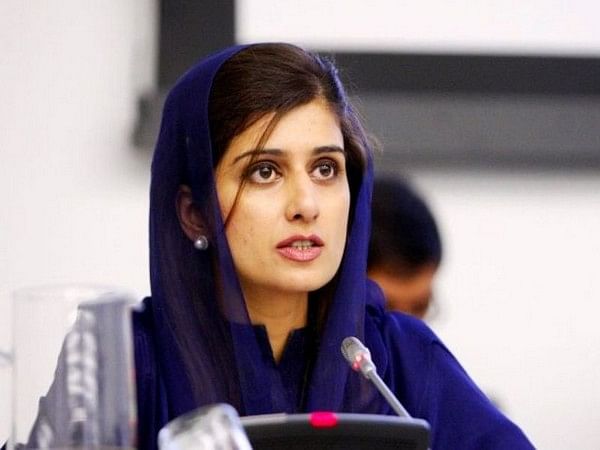Recently, a senior Pakistani government official warned against the idea of sacrificing the country’s partnership with China for better relations with the United States. This statement comes amidst growing tensions between China and the US, as well as Pakistan’s increasing reliance on Chinese investment and infrastructure projects.
The Pakistani Minister for Planning and Development, Asad Umar, made the statement during a recent conference on the China-Pakistan Economic Corridor (CPEC), a $62 billion project that aims to connect China’s western region with Pakistan’s Gwadar Port via a network of highways, railways, and pipelines. The project is a key part of China’s Belt and Road Initiative, which seeks to promote economic connectivity and cooperation across Asia and beyond.
Umar emphasized the strategic importance of the CPEC for Pakistan, stating that the project would help the country achieve its economic development goals and strengthen its regional influence. He also stressed the need for Pakistan to maintain its close ties with China, particularly in the face of mounting pressure from the US to reduce its dependence on Chinese investment and technology.
The US has raised concerns over the CPEC and other Chinese investments in Pakistan, citing fears of debt-trap diplomacy and the potential for China to gain undue influence over the country’s affairs. However, Pakistan has defended its relationship with China, arguing that it is based on mutual respect and shared economic interests.
Umar’s statement reflects a broader trend of countries in the region seeking to balance their relationships with China and the US. While many countries are eager to benefit from China’s economic largesse, they are also wary of the potential geopolitical risks associated with aligning too closely with Beijing. At the same time, they are seeking to maintain their strategic partnerships with the US, particularly as tensions between the two superpowers continue to simmer.
In the end, Pakistan’s decision on how to balance its relationships with China and the US will have significant implications for its economic and strategic future. While the country stands to gain from its close ties with China, it must also be mindful of the potential risks and downsides of such a relationship. Ultimately, Pakistan will need to strike a delicate balance between these competing interests if it hopes to achieve long-term stability and prosperity.

